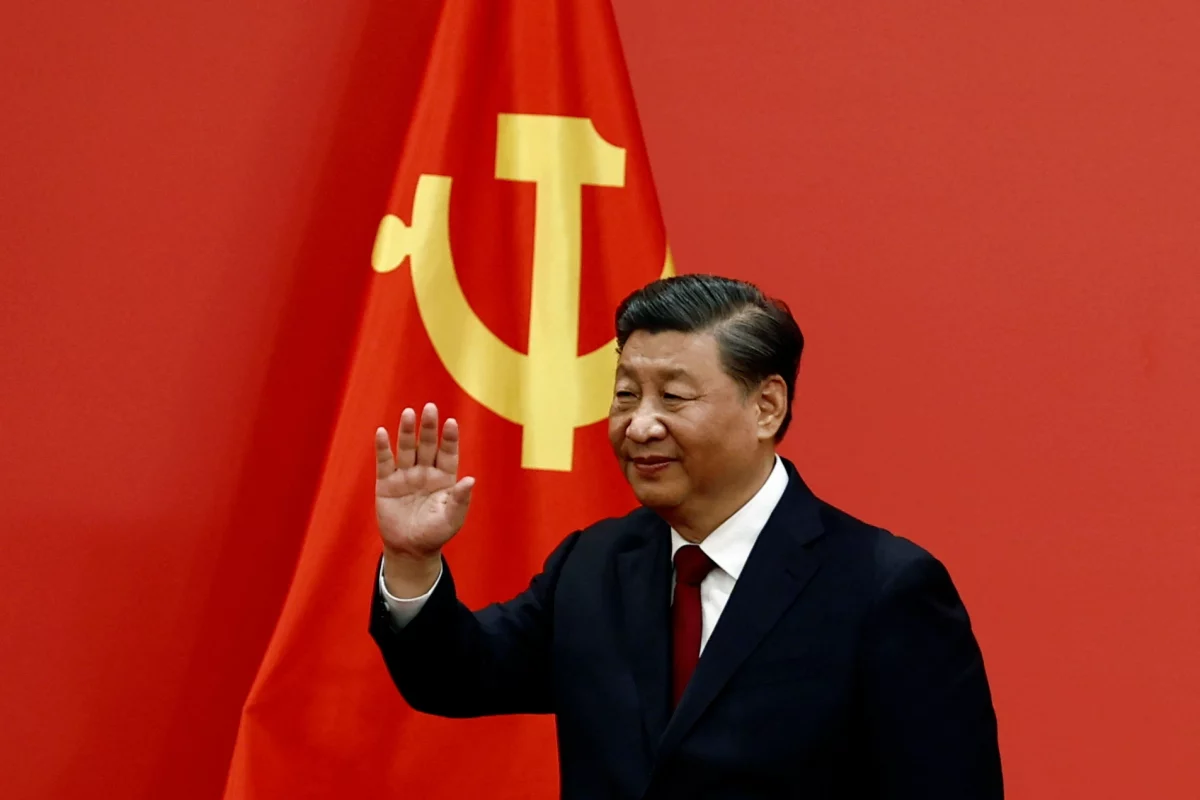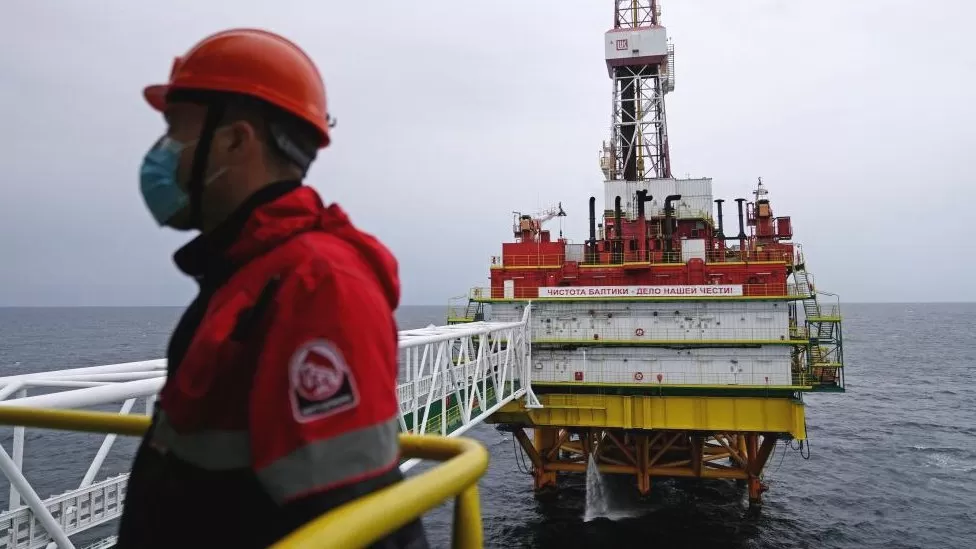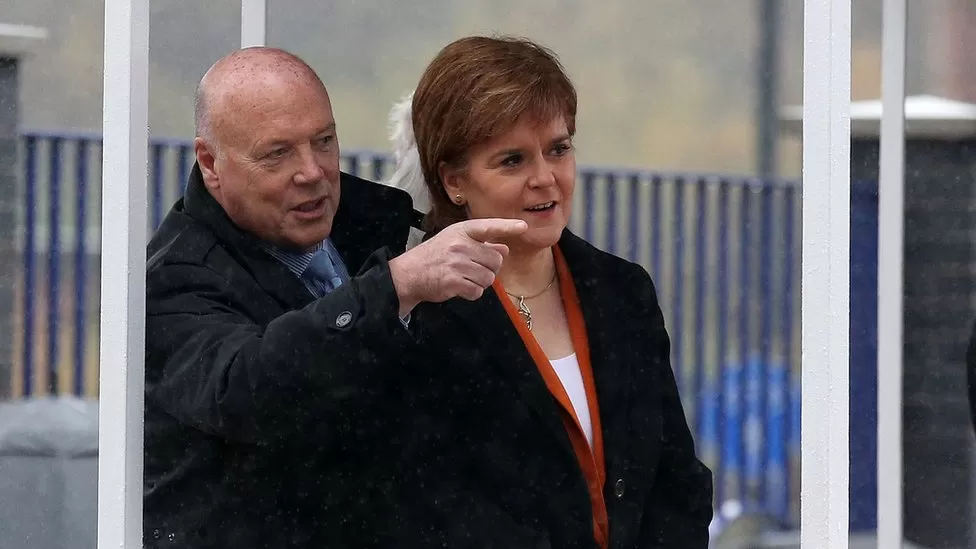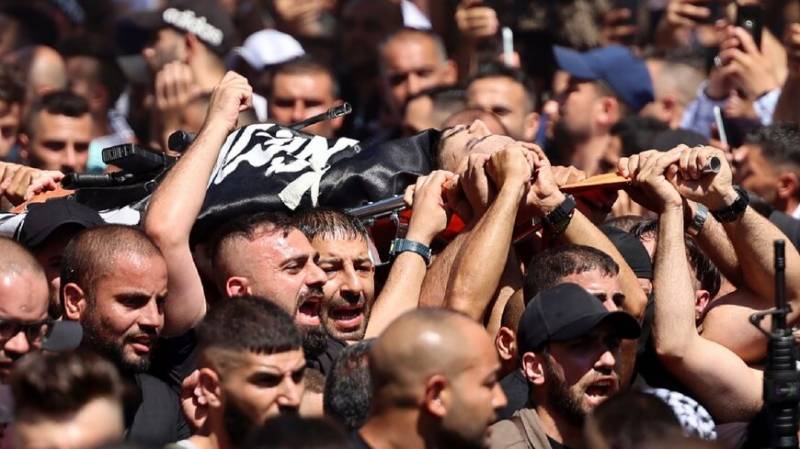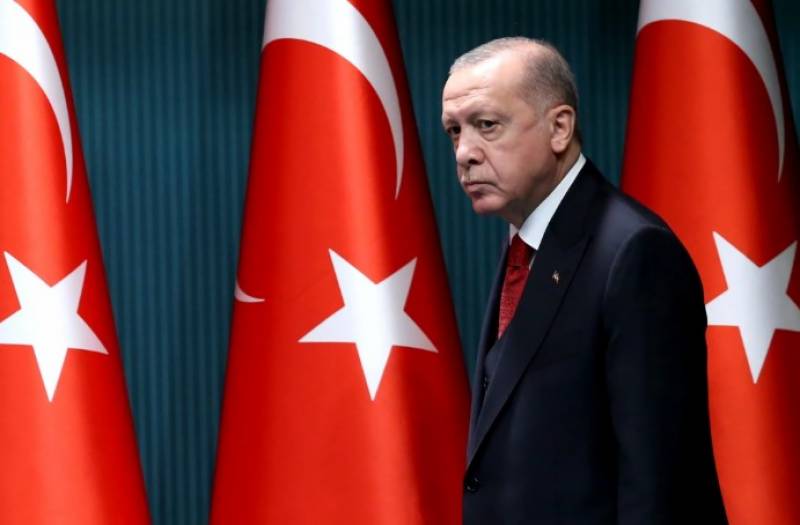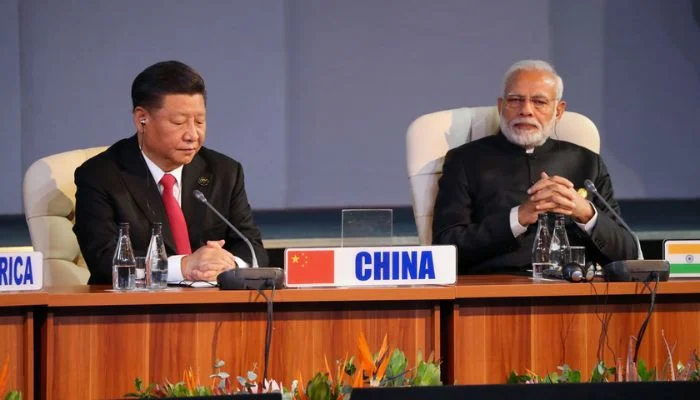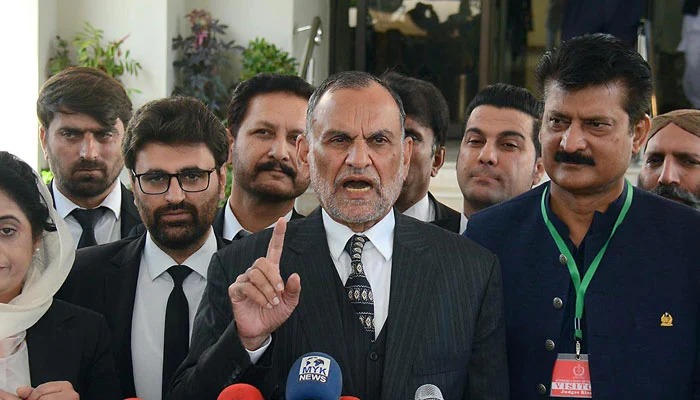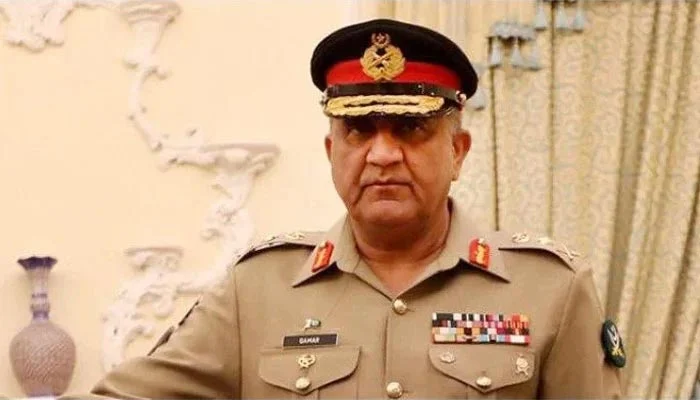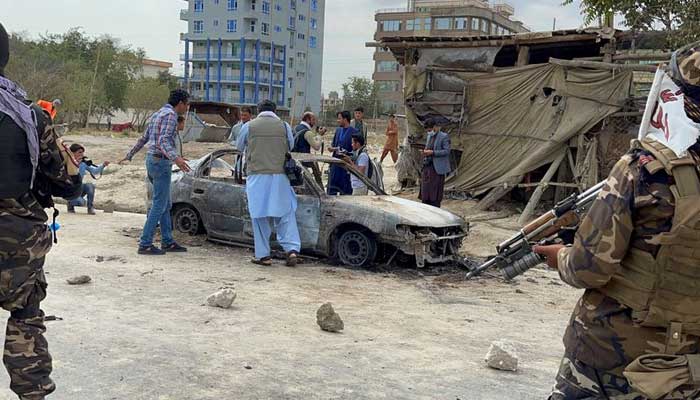ISLAMABAD: Balochistan police on Friday arrested PTI Senator Azam Swati and took him to Quetta related to the case registered against him for the controversial tweets he did against senior military officers, reported Geo News citing sources.
Officials, who spoke on the condition of anonymity, shared that the arrest has been made over the different cases registered against the senator across Balochistan.
The PTI leader was arrested once again for speaking against senior military officers early Sunday morning from his farmhouse located in Chak Shahzad, Islamabad.
Federal Investigation Agency’s Cybercrime Wing arrested Swati for using foul language for the former army chief and other senior military officers.
The case against the senator has been registered on FIA’s Technical Assistant Anis ur Rehman’s complaint. The case has been registered for libel and the Prevention of Electronic Crimes Act.
The senator has been arrested under Sections 500, 501, 505 and 109. He was also arrested under the same provisions the last month.
Several FIRs have been registered within 24 hours against PTI leader Swati for his controversial tweets at different police stations in Karachi, Quetta, Jacobabad Qambar, Lasbela, Larkana, Sukkur, Khairpur, Shikarpur, Kandhkot, and other cities.
IHC reserves verdict on Swati’s plea seeking details of cases
The news of the arrest came minutes after Islamabad High Court (IHC) reserved its verdict on the senator’s plea seeking details of cases registered against him across the country.
At the outset of the hearing, IHC Chief Justice Aamer Farooq said that the interior ministry was being asked for details of cases registered across the country, but wondered if it could be done under the current laws of the country.
“There is no law which allows taking such details from provinces,” Additional Attorney General (AAG) Munawar Iqbal Dogal replied.
This led Justice Farooq to question of the interior ministry had any control on provincial home ministries.
“After 18th amendment police is in control of provinces,” the AAG replied he repeated that the federal government does not have the authority to direct provincial inspector generals of police.
However, the government lawyer replied that a report regarding the cases registered across the country have been sought from the provinces on court orders.
“How were multiple cases registered on one incident? FIA has also been made a respondent, they are in your jurisdiction, you can give details of cases registered against Azam Swati by FIA,” the judge told the lawyer.
To this, the AAG Dogal responded by saying that the they can provide details related to FIA but cannot take information of how many cases have been registered against Swati in the provinces.
At this, Swati’s counsel Babar Awan interjected saying that all fundamental rights are policy matters and the centre can get this information from the provinces.
“If this was the case then they will neither be able to write any letter or do any press conference. How can federal government say that they are helpless beyond Faizabad or Attock,” said Awan.
The lawyer also warned the court that his client may be taken from Islamabad and transferred somewhere else.
“Azam Swati is a heart patient. Azam Swati is only asking about the number of FIRs,” Awan told the court. He added that he was seeking the details so his client can appear for those cases.
At this, the AAG responded saying that the petition has included provincial IGs as respondents but does not mention the home ministries.
However, the IHC CJ interjected and remarked that the court cannot give directions to any province or their home ministries.
After passing the remark the court reserved its judgment in the case.


